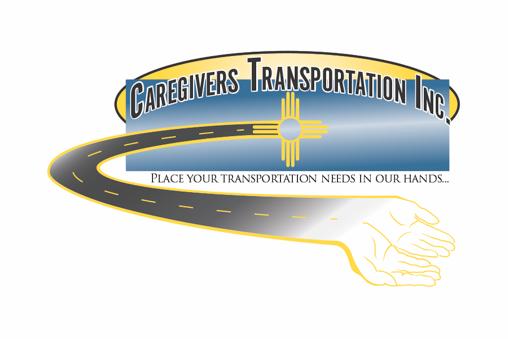4
October 2020
Ask A Health Care Professional Wei-Ann Bay, M.D., Chief Medical Officer, Blue Cross and Blue Shield of New Mexico
N
o matter how old we are, we are always adapting to change. Older adults face lots of changes — medical problems, retirement, death of loved ones, stressful life events, and now the COVID-19 pandemic. It is normal to have feelings of stress, anxiety and sadness about changes, but after a bit of time and adjusting, most can move on and feel well again. However, if the negative feelings persist and interfere with activities of daily living and normal functioning, it may mean depression. What is the difference between grief and depression? Grief after loss of a loved one is a normal reaction to loss and generally does not require mental health treatment. However, grief that lasts a very long time or is unusually severe following a loss may result in depression and require treatment. Depression is not a normal part of aging. It is not a weakness nor a personal flaw. It is an actual medical condition — just like diabetes, hypertension and heart disease are medical conditions. What are the risk factors and signs of depression? Depression is often underdiagnosed.
Underdiagnosis can result in an unnecessary move to a nursing home, an uncontrolled chronic medical condition resulting in a hospitalization, or loss of independence. Those who experience their first episode of depression later in life are less likely to have a family history of depression or other mental disorders than those whose first episode occurred earlier in life. Risk factors include social isolation, lower socioeconomic status, comorbid medical conditions, uncontrolled pain, insomnia, and functional or cognitive impairment. Females and people who are widowed, divorced or separated are also at higher risk for depression. Common signs and symptoms of depression for all ages include persistent sadness, feelings of hopelessness or helplessness, loss of interest in activities that used to be pleasurable, decreased energy, difficulty concentrating and making decisions, difficulty with sleep, eating more or less than usual, thoughts of suicide, and frequent crying. Older adults may not have the more obvious signs, such as sadness or crying. Instead they may be less likely to talk about it and more likely to present with somatic complaints (e.g., tiredness, heart palpitations, shortness of breath, body aches,
restlessness, nausea or vomiting), irritability, confusion, or attention or memory problems, which can look like dementia. Finally, it is important to consider medication side effects, which can sometimes contribute to depressive symptoms. What are the types of depression that can occur late in life? Major depression: severe symptoms that interfere with daily activities; a subtype of this can present with delusions or hallucinations. Persistent depressive disorder (also known as dysthymia): depressive symptoms that are less severe than major depression but last a long time, at least two years. Minor depression: depressive symptoms that are less severe than major depression or dysthymia and do not last long. Depression related to stroke and vascular changes in the brain is becoming more recognized. This is called “vascular depression.” Depression can also be a complication of Alzheimer’s disease and other dementias. Presentation and treatment differ from the more common types of depression. How do I get help? If you think that you have depression, or if you think your loved one has depression, it is important
PRIME TIME
to seek help immediately. Don’t wait it out or deal with it on your own. Untreated depression can lead to serious outcomes, such as other serious physical illnesses or suicide. A health care provider will review your medical history, medications and do testing to rule out other conditions that may be contributing to the depressive symptoms. Remember to be open and honest because this will help the health care provider find the right path forward. There are many effective treatments, such as medications and behavior therapy; and sometimes just talking with a counselor can be a huge benefit. If you or your loved is in a crisis, please immediately call 911 or visit the emergency room. The National Suicide Prevention Lifeline is 1-800-273-TALK (1-800-2738255). The New Mexico Crisis Line is 1-855-NMCRISIS (1-855-662-7474). If you have a health question that you would like to be considered in Ask a Health Care Professional, please email AskHealthcareProfessional@ bcsbsnm.com. BCBSNM will select questions that may appear. Questions will not be personally answered. The opinions expressed in this column are solely those of the author and not necessarily those of BCBSNM. This column is not intended to be a substitute for professional medical care.
Peace of mind for you, a future filled with love for them.
• SAFE • RELIABLE • AFFORDABLE Professional Non-Emergency Medical transportation We travel throughout the state and treat you and your
This is what Animal Humane New Mexico can ensure when you plan now for your pets.
loved ones with the same care we give our families.
Call 505 681-2128 Accepts Medicaid, Private Pay
Learn more about planning for your pet beyond your lifetime by contacting us at 505.938.7919 or PlannedGiving@AnimalHumaneNM.org




